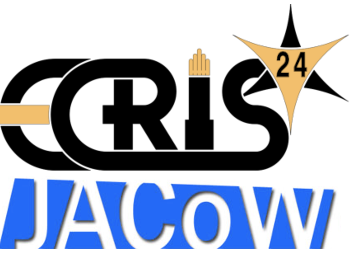Speaker
Description
An operator of the superconducting ECR ion source VENUS tasked with optimizing the current of a specific ion species or finding a stable operating mode is faced with an operation space composed of ten-to-twenty knobs in which to determine the next move. Machine learning techniques are well-suited to multidimensional optimization spaces.Over the last three years we have been working to employ such techniques with the VENUS ion source. We will present how the introduction of computer control has allowed us to automate tasks such as source baking or to utilize optimization tools to maximize beam currents with no human intervention. Our more recent applications of Bayesian optimization and reinforcement learning to beam current maximization and the maintenance of long term source stability will also be presented. Finally, we will discuss control and diagnostic changes that we have employed to exploit the faster data collection and decision making abilities when VENUS is under computer control.
Funding Agency
This material is based upon work supported by the U.S. Department of Energy, Office of Science, Nuclear Physics program under Award Numbers DE-FOA-0002490 and DE-FOA-0002875
| I have read and accept the Privacy Policy Statement | Yes |
|---|
